Pocket Option: The Broker With No License and Plenty of Risk
Abstract:No regulation. No oversight. No safety net. Pocket Option is a trap too many traders walk into, only to lose their funds with no way back.
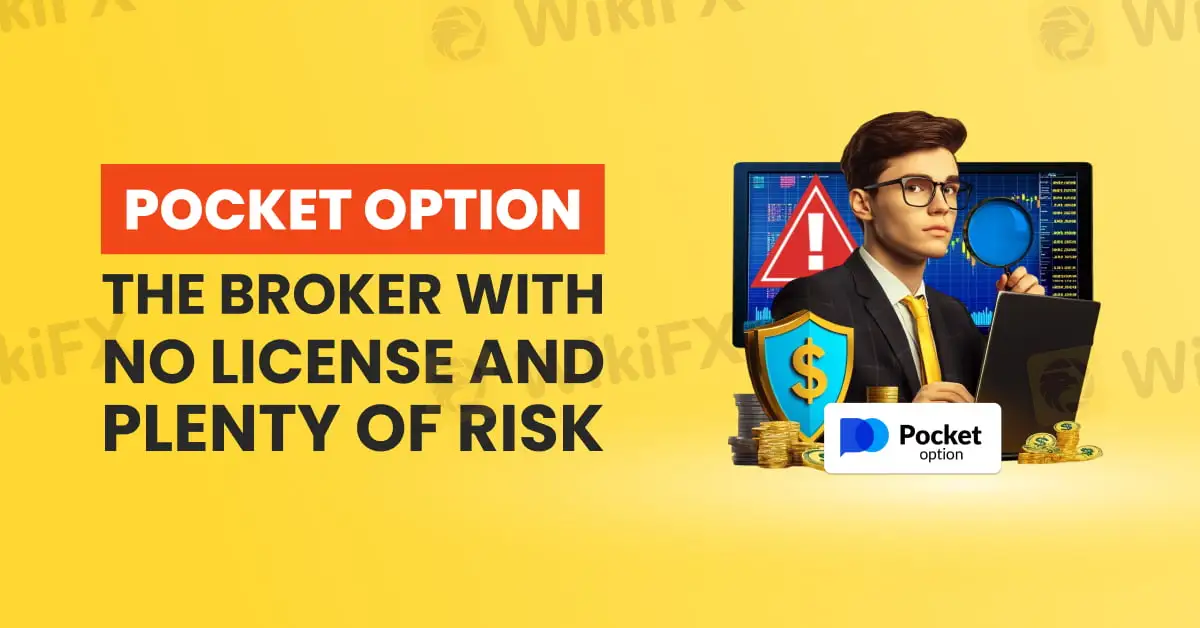
If you are trading with Pocket Option, or even just considering it, take this as a serious warning. You may be exposing yourself to massive financial risk. This is not just another questionable broker. It is one with no valid regulation, an official warning issued against it, and a WikiScore of just 1.56 out of 10, according to WikiFX, a global broker evaluation platform.

The consequences of using such a broker are more severe than most traders realize. Here is why.
Pocket Option currently holds no valid license from any recognized financial authority. In the world of online trading, this is a critical red flag. Regulated brokers are required to follow strict rules to protect their clients. These include keeping customer funds separate from company funds, undergoing regular audits, and maintaining capital requirements.


Unregulated brokers are not held to these standards. That means they can:
- Control and manipulate trade prices without detection
- Refuse withdrawal requests without justification
- Lock or delete user accounts without recourse
- Disappear completely with client funds
If any of these things happen, there is no governing body to help you. There is no legal recourse, no financial authority to turn to, and no official investigation that can be launched on your behalf.
Pocket Option has also been publicly disclosed by the Securities Commission of Malaysia. Such actions are only taken when there are serious concerns about a broker's legal standing or business practices. This means the broker may be offering services illegally or misleading investors in ways that violate local laws.

For any trader, this is a strong signal that this broker operates in an unsafe and potentially unlawful environment.
On WikiFX, Pocket Option has been given a score of just 1.56 out of 10. This rating is based on factors such as regulation, transparency, safety, and business operations. A score this low reflects deep problems that put client funds and personal data at serious risk.
It suggests that the broker is lacking not just in legal structure, but also in operational standards, trading environment, and risk management.
If you are using an unregulated broker, you are putting your money into a system with no safety measures and no oversight. This is not responsible trading. It is a one-sided risk that you are almost certain to lose.
Pocket Option may appear to offer opportunity. But there is no legal protection, no customer support accountability, and no regulator watching their actions. That means no refunds, no investigations, and no justice if something goes wrong.
With so many regulated brokers available that offer proper investor protection, transparent terms, and legal compliance, there is no reason to put your trust in a company like Pocket Option.
Always check a brokers license. Verify their regulatory status. And remember, if a broker is not regulated, your funds are not safe.

Read more
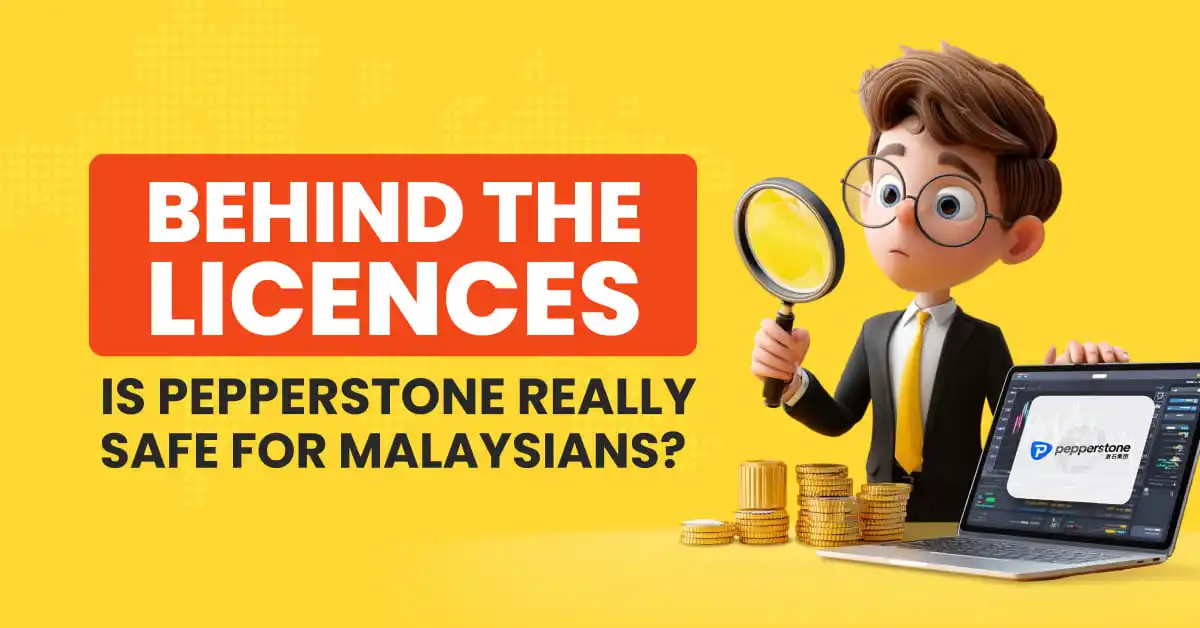
Behind the Licences: Is Pepperstone Really Safe for Malaysians?
Pepperstone has built a global reputation as a forex and CFD broker, and it frequently highlights its network of international licences. Yet, when examined through WikiFX, the picture becomes more complex.
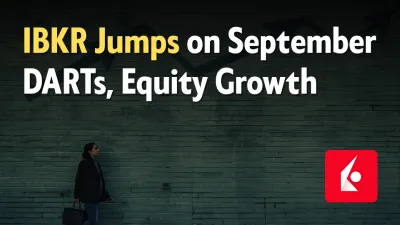
IBKR Jumps on September DARTs, Equity Growth
Interactive Brokers' stock climbs after strong September metrics, with DARTs and client equity surging while Citigroup lifts its price target.
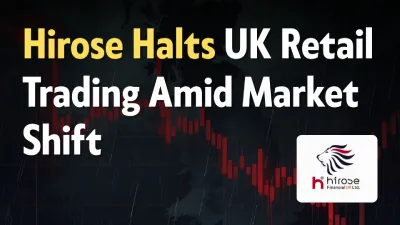
Hirose Halts UK Retail Trading Amid Market Shift
Hirose Financial UK suspends retail forex services, citing a shift toward institutional trading despite strong revenue growth.
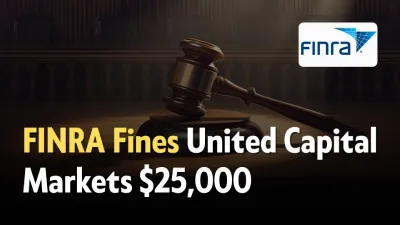
FINRA Fines United Capital Markets $25,000
FINRA fined and censured United Capital Markets $25,000 for supervisory gaps and unapproved, exaggerated retail communications in 2018–2019.
WikiFX Broker
Latest News
Behind the Licences: Is Pepperstone Really Safe for Malaysians?
Promised Recession... So Where Is It?
Hirose Halts UK Retail Trading Amid Market Shift
CONSOB Blocks EurotradeCFD’s Solve Smart, 4X News
FINRA Fines United Capital Markets $25,000
IBKR Jumps on September DARTs, Equity Growth
Oanda: A Closer Look at Its Licenses
FCA Urges Firms To Report Online Financial Crime
Service Sector Surveys Show Slowdown In September Despite Rebound In Employment
Rate Calc


